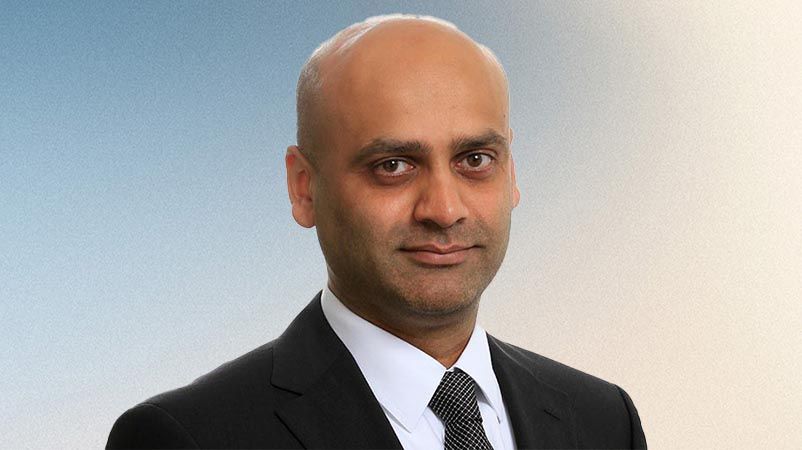The turn of this century was a watershed moment for the UK pharmaceutical sector with the creation, via M&A of two FTSE 100 giants – GlaxoSmithKilne (GSK) and AstraZeneca. The former was created in 2000 with the merger of Glaxo Wellcome and SmithKline Beecham. The latter was formed in 1999 with Sweden’s Astra combining with Zeneca, which was demerged from the UK’s ICI (Imperial Chemical Industries) in 1993. In the intervening quarter of a century, both businesses have forged very different pathways in terms of innovation, management, M&A, controversy, and ultimately performance.
Innovation: Malaria and Covid
It is no surprise that GSK has been rated number one in the Access to Medicine index (ATMI) ever since the first was published in 2008. The company has led on research on diseases that are prevalent in the developing world. For over 15 years, the business has reinvested 20% of profits from least developed countries into healthcare infrastructure, delivering on its commitments to the Sustainable Development Goals (SDGs). The development of a malaria vaccine (Mosquirix), the world’s first treatment, remains a milestone for the business with GSK committing to produce 15 million doses annually from 2026 to 2028. Despite all the success and lineage on vaccine technology, the failure to deliver a Covid vaccine remains a key question for GSK management.
AstraZeneca’s success despite having no experience or expertise in vaccines is to be commended along with management’s decision to market the treatment at not-for-profit during the pandemic, a markedly different approach to it US peers. The decision to partner with Oxford University’s Jenner Institute and Vaccitech, a spin off from the university, led to AstraZeneca focusing on the development part of Research & Development (R&D) resulting in a Covid vaccine in record time. The normal time line for a successful vaccine is about 10 years, but AstraZeneca’s efforts took less than a year, saving millions of lives during the pandemic.
Management: Tenure and diversity
Since their respective mergers, both GSK and AstraZeneca have had only three CEOs each, all well tenured with AstraZeneca’s Pascal Soriot being one of the longest serving since 2012 in the global pharmaceutical sector. In 2017, GSK appointed the first female CEO in the sector going on to create an all-female senior management team in 2023 with the appointment of a female CFO. While a new generation of CEOs have entered the sector since, all male, GSK’s appointment of Emma Walmsley remains a watershed moment for the industry and the question remains why there have been more diverse appointments since then.
M&A
The days of mega mergers in the sector are long gone with the last bid by Pfizer for AstraZeneca a decade ago, which was rebuffed by Soriot. The past 25 years have been dominated by both names spending tens of billions of dollars on buying smaller companies to built up their pipelines. The research of R&D has been failing for both businesses and management have been keen to spend to bolster the diminishing returns from their own R&D programmes. The spin-off of the consumer business Haleon in 2022 means that the business is now a pure R&D pharmaceuticals business. Long-term investors can now focus on the pipeline of both names and the returns on capital invested by management in recent acquisitions.
See also: Investing in vaccines today will better position the world of tomorrow
Controversy
The industry has always been plagued with controversy and investors have had to deal with poor marketing practices, product & supply chain failures, and bribery & corruption. Investors in GSK have had to suffer the most with the company paying over $10bn in settlements over the last two decades. The most recent being $2.2bn to settle litigation over claims that a discontinued version of its heartburn drug Zantac caused cancer. There has to be a measure of sympathy for GSK’s CEO having to deal with a controversy arising from a product that was launched in 1983, not many CEOs in other industries have to deal with such long dated liabilities.
While AstraZeneca has managed to successfully navigate the pitfalls, there is concern over future litigation over side effects from the Covid vaccine, which may present potential liabilities for future management. The company’s operations in China, a market where AstraZeneca has been present for over three decades, are also under scrutiny with authorities investigating the President of the China division, which is responsible for over 10% of group revenues and employs 15,000 people. In 2014, GSK was fined $490mn after being found guilty of bribery, the largest fine in Chinese history resulting in management being deported with suspended jail sentences.
Performance
Investors in both names have endured very divergent returns with AstraZeneca powering through the pandemic to now being the largest company in the UK by market capitalisation, hurtling ahead of corporate giants like HSBC and Shell. AstraZeneca shareholders will be happier with nearly a 1000% total return over the last 20 years, whilst GSK (222%) has underperformed the FTSE 100 (272%) over the same period. Both UK names have been soundly beaten by the largest names in US and European pharma over the same period – Eli Lilly (3780%) and Novo Nordisk (9150%). Long suffering GSK investors will be looking for a marked turn in performance in the medium-to-long term, more so that the business is now a pure R&D business on a par with AstraZeneca.
Next 25 years: Artificial Intelligence
The industry is at a crossroads with the increased adoption and application of AI and the next 25 years will bring material changes on drug discovery, supply chain, marketing and personalised medicine. This should also lead to greater access to medicine and affordable healthcare, both pillars remain key to the industry delivering greater good to society.
The sector remains attractive to all types of long-term investors offering growing dividend yields, earnings growth and defensive characteristics. However, investors will have to be mindful of the potential controversies that come along with investing in the sector.








